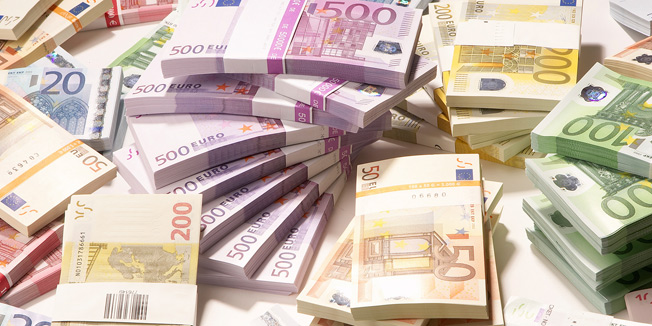Fuel prices in Bosnia and Herzegovina, after record highs in June and the first half of July, have finally fallen slightly in the last few days.
Average prices
Just a few days ago, a liter of diesel in Sarajevo cost up to 3.81 BAM, and according to yesterday’s data from the application of the Federal Ministry of Trade, it can now be purchased at some gas stations for 3.31 BAM. On average, the price ranges from 3.41 to 3.56 BAM.
At the same time, gasoline cost from 3.31 to 3.56 BAM per liter, and yesterday its price was 3.16 BAM.
This means that, in the past two weeks, gas stations in Bosnia and Herzegovina have reduced their prices by about 40 pfennigs.
So the drivers in Bosnia and Herzegovina finally felt the effects of the drop in the price of a barrel of oil on the world market, which has been warned by economic analysts for a long time, as well as citizens, who are worried about the practice of feeling every price increase in the world immediately, while we always wait for the price reductions.
“The drop in fuel prices is long overdue, they should have been corrected much earlier.”
So, many people have been making extra profit in recent weeks – both in BiH itself and in the process of crude oil, its processing, and up to BiH markets – says economic analyst Igor Gavran.
In the same way, as the price increases of consumer goods are also justified by the price of transport, now, with reason, a drop in the prices of food items is also expected, at least in the percentage in which fuel prices change.
”Not on the same day, but it is definitely reasonable to expect a drop in prices, just as quickly as they rose when the fuel price went up. I do not believe that this will happen because other excuses will be sought, but it is absolutely justified to expect a reduction in price,” points out Gavran.
Although the FBiH Government, headed by Fadil Novalic, often brags about the decision to limit margins on certain products, citizens have not felt its effects. Gavran reminds that it has never been explained why traders’ earnings are at the permissible level, thanks to this decision, and why there are no more rigorous controls and adequate penalties that would really limit price growth, Avaz writes.



















